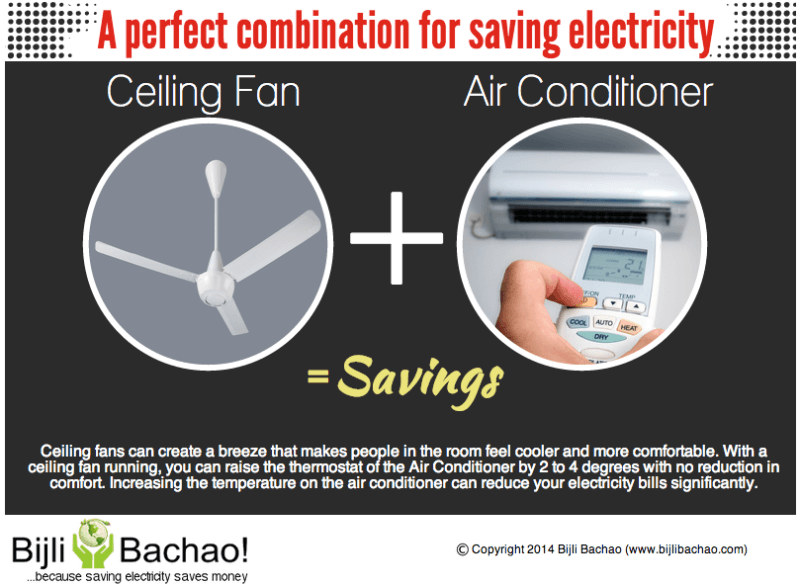Exploring The Ecological Advantages Of Heat Pumps - A Sustainable Home Heating Service
Exploring The Ecological Advantages Of Heat Pumps - A Sustainable Home Heating Service
Blog Article
Staff Author-Moser Zhou
In an age where sustainability and power performance are extremely important, several services look for eco-friendly home heating solutions. One such solution is the heat pump.
A heatpump removes the heat in its environments and pumps it right into your home, causing among the most effective environment-friendly main heating systems around. This procedure also produces absolutely no greenhouse gas discharges, making it an extremely lasting technology.
Power Performance
Heatpump are really energy reliable and require little maintenance. They utilize much less electrical energy than other furnace and are without a doubt the most eco-friendly. They work well with rooftop solar and can commonly spend for themselves in energy savings alone.
They can additionally provide cooling, which is fantastic for garage workshops, attic hangouts and reward areas, and home enhancements without extending the existing ductwork. They can also be made use of for retrofits in existing homes with hydronic (water-based) distribution systems such as reduced temperature level radiators or glowing floors.
Look for versions with SEER and HSPF ratings that fulfill or surpass Canada's minimum criteria, along with the criteria in your region. Higher ratings imply higher efficiency, which saves you cash in the future and decreases your carbon footprint. You might even qualify for discounts and rewards! The most effective devices are those with a ground heat exchanger for included performance. These systems can take in thermal energy from the ground during the wintertime and extract it in the summer.
Minimized Greenhouse Gas Emissions
Heat pumps run on electricity and essentially move heat from the air, also when it's chilly exterior. They are able to draw out the free warmth trapped in air bits and move them inside, lowering humidity while doing so.
Contrasted to gas heaters, contemporary heat pumps utilize less than one kilowatt of electrical power per kilowatt of heating power they generate. just click the following internet page makes them one of the most energy reliable heating option readily available with a POLICE OFFICER (Coefficient of Efficiency) of four or more. By slashing the need for fossil fuels, heat pumps help in reducing greenhouse gas discharges and cut other significant air pollutants.
Structure decarbonization is a global essential, and the heating and cooling industry is a crucial vehicle driver of that procedure. Whether it's investor making web absolutely no dedications, policy makers setting discharges limits, or lessees requiring greener spaces, electrical heatpump are being acknowledged as an essential service. They are an economical means to lower carbon discharges by eliminating the demand for fossil fuels in buildings.
Versatility
Heat pumps can be utilized in numerous sorts of homes and buildings-- with or without ducts. They deal with hot-water radiators, air-conditioning and programmable thermostats. They can change furnaces or be installed in new houses. They can run on photovoltaic panels, geothermal systems or even area heating resources like wastewater.
They're fantastic at providing even more warmth per energy system. As an example, an air-source heat pump produces approximately 3 or even more heating systems from each electrical energy unit it eats.
Getting the most from your heatpump will rely on your environment area and top quality of insulation. Try to find versions with ENERGY STAR rankings and contrast their SEER or HSPF specs. In warmer environments, concentrate on SEER; in chillier areas, take into consideration a system with a greater HSPF rating. Additionally, invest in airconditioner sealing and insulation to reduce the lots on your heatpump. That will certainly enhance power efficiency and aid you reach your Internet Absolutely no objectives quicker.
Biomass Boilers
Biomass central heating boilers make use of wood pellets, chips or logs to produce warm and warm water. They are a good selection for off-grid buildings or those that intend to leave the gas grid.
As a standalone heater, biomass can offer enough power to maintain your home warm throughout the year without the regular warmth drop off of other renewable innovations. They can additionally be used combined with solar panels to increase savings and benefit from RHI repayments.
A disadvantage of these systems is the upfront price and normal gas deliveries. Typically, pellets will need to be blown right into a gas shop making use of a vacuum system or they can be manually fed into the central heating boiler with a receptacle. Logs are usually self-sourced from close-by woodland or gotten in bulk. In addition to this, they need hand-operated loading and might require cleaning regularly.